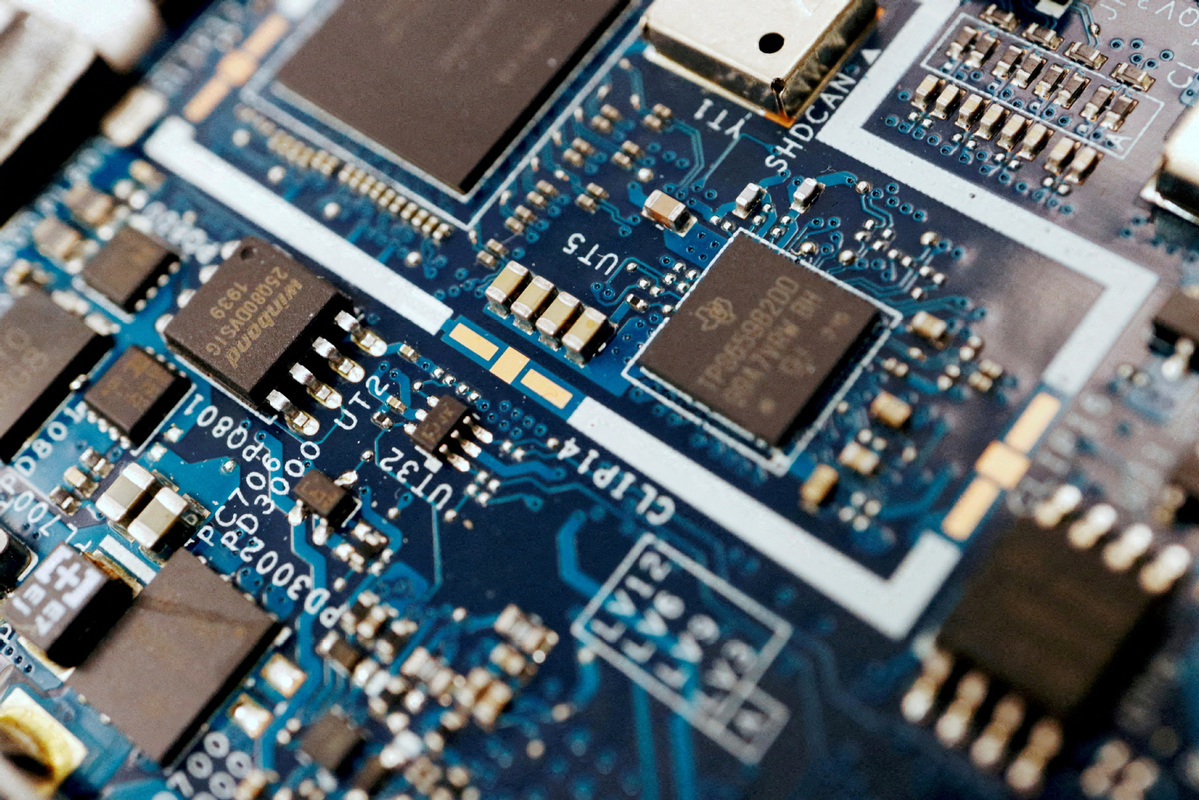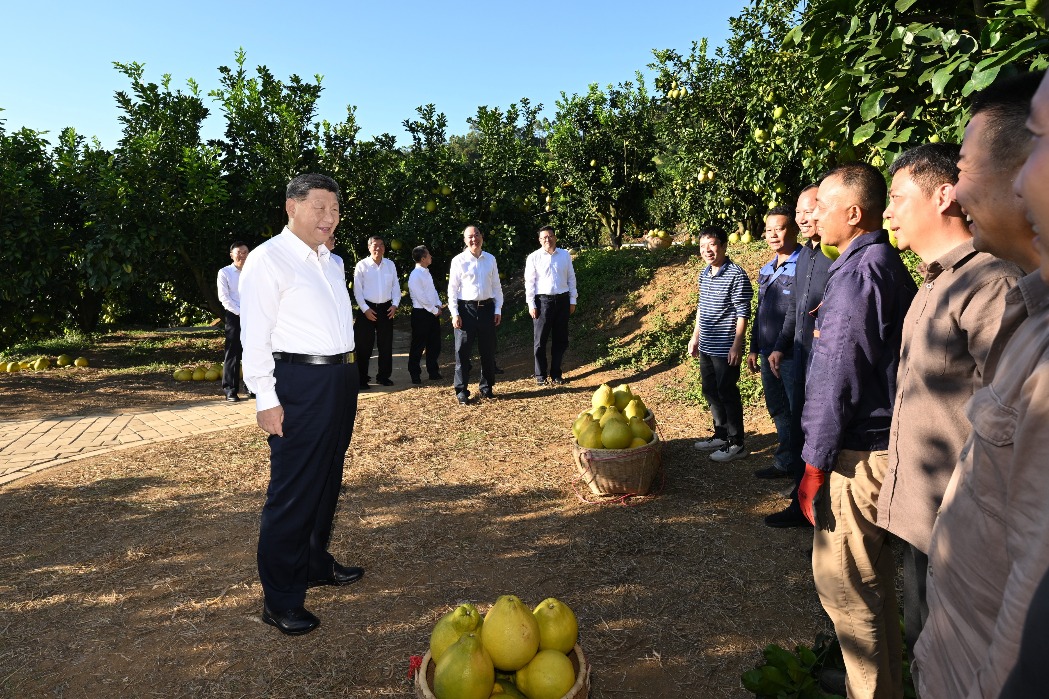DPP's restrictions sellout of island's interests: China Daily editorial


In the realm of global technology, semiconductors are the lifeblood of modern innovation, powering everything from smartphones to sophisticated defense systems, and their importance is growing exponentially with the development of artificial intelligence. The moves by the United States to tighten restrictions on semiconductor exports, particularly to China, underscore the critical role they play.
The semiconductor industry serves as a linchpin of both economic competitiveness and technological advancement. Cognizant of the strategic importance of semiconductors in an era defined by rapid digital transformation and emerging technologies, the US government is striving to safeguard the country's technological edge by ensuring it has a controlling hand on their production.
The decision to impose restrictions on semiconductor exports to China is a key part of its strategy aimed at tightening its grip on the advanced semiconductor supply chain.
It was under pressure from the Donald Trump administration that global chip leader Taiwan Semiconductor Manufacturing Company announced a $100 billion investment plan to build factories in the southwestern US state of Arizona.
The "largest single foreign direct investment in US history" might have answered Washington's call to bring advanced chip production back to the US, but it has caused significant losses for the Taiwan company. The company's first plant in Arizona suffered a loss of about $440 million last year, marking the highest annual loss since TSMC began investing in US manufacturing in 2020.
The previous US administration upped the ante by demanding, in November last year, that TSMC halt its shipments of advanced AI chips to the Chinese mainland in an attempt to stop the latter from acquiring these critical components that could arguably erode the US' strategic advantages.
However, that would mean TSMC turning its back on what has been its most lucrative market.
While all this has been going on, the Pentagon has repeatedly pushed the idea of destroying TSMC's chip factories in Taiwan in case the mainland pursues reunification through the use of force, thereby becoming the one to have a controlling grip on the industry.
Squeezed between the US' demands and the mainland's profitable demand — reportedly $90 billion in annual revenue — TSMC has tried to walk a fine line between them.
But now the Democratic Progressive Party authorities on the island have got in on the act.
In a move that aligns with the US' intensified crackdown on Chinese high-tech sectors, the Taiwan authorities have added Huawei Technologies and Semiconductor Manufacturing International Corp, the two companies spearheading the mainland's efforts to develop cutting-edge artificial intelligence chip technologies, to the island's so-called export control list. The inclusion of the two companies on the island's "strategic high-tech commodities" list on Sunday means Taiwan companies will need to obtain export permits before selling goods to the targeted mainland companies.
The claim by the island's "international trade administration" that the restrictive measure will help "combat arms proliferation and address other national security concerns" is nonsense. The independence-seeking DPP is simply trying to leverage TSMC's industry leadership as a means to curry favor with the US by aligning the island more closely with Washington's unprecedented high-tech blockade targeting the mainland.
To reign over China in the high-tech race, the US has put increasing restrictions in place to stop the transfer of cutting-edge technology, tools and materials to the country. It has blocked US companies such as Nvidia from selling powerful AI chips to China, and also asked Japanese and Dutch firms to stop selling to China the specialized machines used to manufacture the chips.
In the US' latest move to make it harder for China to develop its own advanced chips, the Trump administration recently asked US companies that offer software used to design semiconductors to stop selling their services to Chinese customers.
As for the two leading Chinese high-tech companies, the US Commerce Department placed Huawei on its own entity list as early as in 2019, and SMIC in 2020, cutting both companies off from US suppliers under almost all circumstances.
If the DPP administration really cares about the interests of Taiwan's high-tech businesses, it should help foster their growth through cross-Strait cooperation, rather than take restrictive measures to cut the flow of technology across the Strait. That TSMC's operations on the Chinese mainland have continually delivered robust performance should give the Taiwan authorities pause for thought.

































